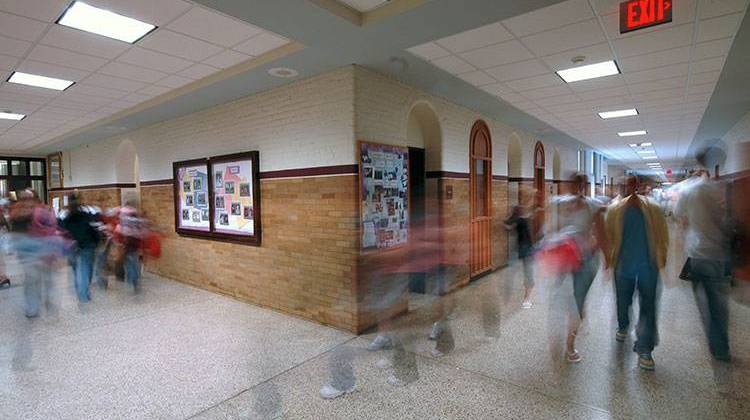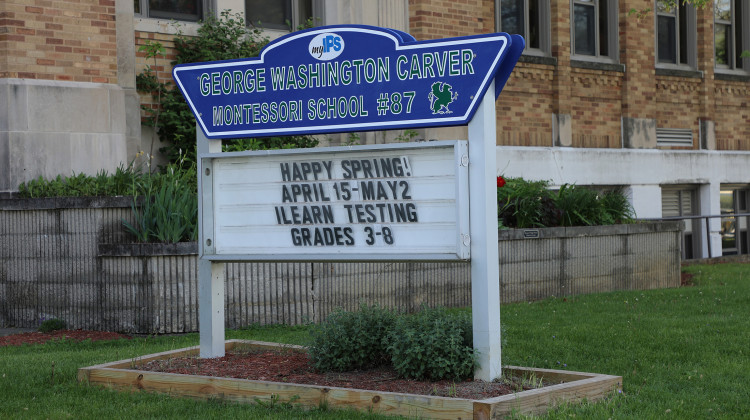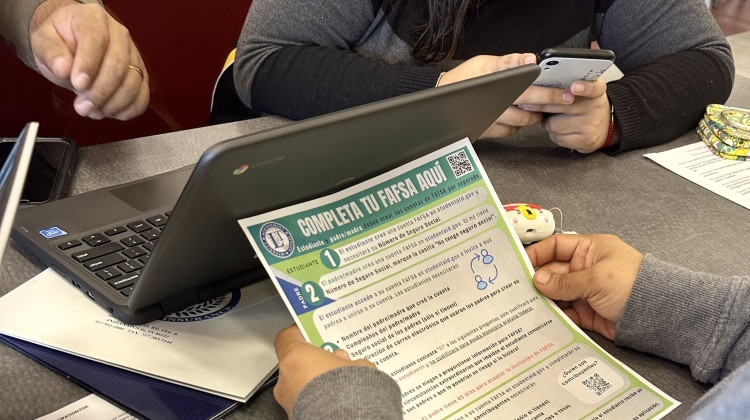INDIANAPOLIS – Zero tolerance discipline policies and the overuse of out-of-school suspensions lead students to disengage from academics, drop out and even commit crimes, an expert told a legislative committee studying school discipline.
And the problem is more likely to happen with students who are black or disabled, said Russell Skiba, director of the Equity Project at the Indiana University Center for Evaluation and Education Policy.
The racial disparities “cannot be explained by poverty or increased misbehavior,” Skiba told the Education Study Committee.
During the last year, Indiana schools suspended students more than 228,000 times – and about half of those were out-of-school suspensions. More than 3,400 students were expelled.
According to the Department of Education, four out of 10 of the suspensions were handed to black students, even though they make up just 12 percent of total student enrollment.
The data is reported by incident, not by student. Therefore a student suspended multiple times is represented the data more than once.
JauNae Hanger, an attorney with the Children's Policy and Law Initiative of Indiana, said out-of-school suspensions should only be used as a last resort and only when safety issues are involved.
Instead, schools need to have more alternatives to suspensions and rely more on positive reinforcement and interventions, she said.
Experts told the committee that more schools and more states are developing systems that rely on those suspension alternatives. “There is a national movement happening,” said Rep. Greg Porter, D-Indianapolis, as the meeting began.
In fact, the U.S. Justice Department now treats disparate discipline as a civil rights issue, said Carole Craig, a member of the Children’s Policy and Law Initiative board. If some of Indiana’s schools don’t improve, they could face federal action, she said.
That concerned Rep. Rhonda Rhoads, R-Corydon, who said schools should control their own discipline.
“I want to keep the federal government out of our classroom and our state if at all possible,” she said.
But Skiba said the state might be at risk. The state’s rates of out-of-school suspensions for black students are among the highest in the nation, he said.
Nineteen-year-old Joshua Davis was one of those students suspended for what he called “horseplay” in the school hallway. Davis said he was in the fall of his senior year with no disciplinary record and a 3.2 grade point average when he received an out-of-school suspension and was later asked to leave school. Then at a new school, he was allowed only to attend half days, which led to him “running the streets hustling to find meals.”
Davis said he was accused of a crime he didn’t commit and landed in jail, where he finished work to graduate.
He urged lawmakers to use more sensible disciplinary procedures and said keeping students out of school makes them more likely to get in trouble. For many kids, he said, school is a safe place.
“The rest of the time is spent on the streets,” he said, “doing nothing but getting in trouble.”
Lesley Weidenbener is executive editor of TheStatehouseFile.com, a news website powered by Franklin College journalism students.
 DONATE
DONATE







 View More Programs
View More Programs



 Support WFYI. We can't do it without you.
Support WFYI. We can't do it without you.